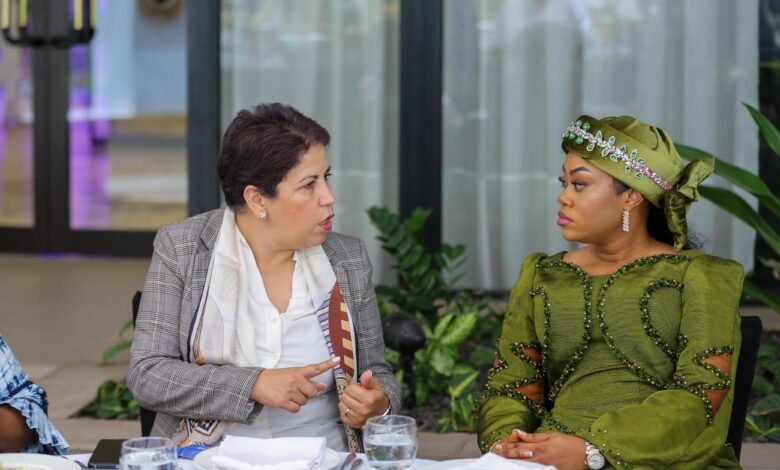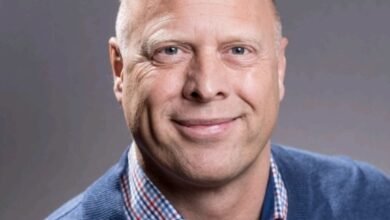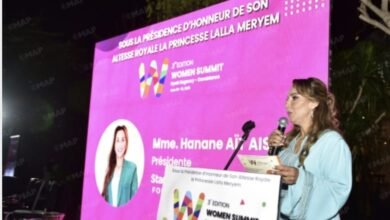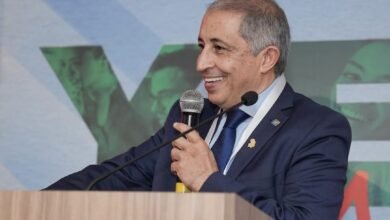Women in Nuclear: Ing. Khadija Bendam on Representation, Responsibility, and Scientific Inclusion in Africa

As 1st Vice President of the International Nuclear Societies Council and President of Women in Nuclear Morocco, Ing. Khadija Bendam is at the forefront of redefining scientific leadership across Africa. A nuclear engineer and founder of the Women in Nuclear in Emergency Preparedness and Response Initiative (WINEPRI), she shares her vision on gender equity in STEM, responsible nuclear governance, and why visibility matters for the next generation of women scientists.
Your position as Vice President of the INSC places you at the intersection of science, policy, and gender representation. What are the biggest obstacles women face in STEM fields today?
“Women in STEM often face systemic barriers—ranging from unconscious bias to limited access to leadership roles and strategic networks. Despite notable progress, women remain underrepresented in decision-making positions, limiting both their visibility and influence. Cultural and societal expectations, especially in regions with entrenched gender norms, can also discourage girls from pursuing scientific careers. Addressing these challenges requires inclusive environments that promote mentorship, flexibility, and gender-sensitive policies. Education systems must also foster STEM ambitions early and equitably for both girls and boys.
As His Majesty King Mohammed VI declared on August 20, 2021, during the Revolution of the King and the People: ‘We want Moroccan women to have access to all opportunities, in a climate of freedom, dignity, and equality.’ When women are empowered, the entire sector benefits from richer perspectives, creativity, and sustainable innovation. It’s about breaking barriers and building systems where every talent can thrive—regardless of gender.”

The nuclear sector is often misunderstood or stereotyped. How can women play a more visible and strategic role in advancing safe, responsible use of nuclear science in Africa?
“Women can play a transformative role by becoming ambassadors of nuclear science—not just as engineers or physicists, but as educators, communicators, and leaders. Visibility matters: when young people see women leading safely in nuclear fields, it shifts narratives and builds trust. Africa needs strong advocates for peaceful nuclear applications in energy, health, water management, and agriculture. Women bring empathy, multidisciplinarity, and long-term thinking to the table—traits essential for responsible governance of nuclear technologies. Through collaboration with institutions and the media, women can demystify nuclear science and foster public understanding. Strategic capacity-building, mentorship, and policy engagement are also key. It’s time to move from token representation to active leadership.”
What does your presence at the Growth Women Summit represent for women scientists—particularly in emerging markets?
“My presence symbolizes both recognition and responsibility. It’s a signal that women from emerging markets have a voice and a stake in shaping the global scientific agenda. It’s not just about being visible—it’s about bringing tangible contributions and showing that excellence knows no borders or gender.
For young women scientists, it sends a strong message: you belong here. You can lead, innovate, and influence decisions that shape the future. The Growth Women Summit is also a platform to forge new partnerships, share solutions, and inspire the next generation of changemakers. I’m here to amplify not just my voice, but those of all women pushing boundaries in their fields. Representation is power, and we must use it wisely.”
How can the nuclear and broader scientific community become more inclusive and interdisciplinary, especially when tackling Africa’s development challenges?
“We must rethink science—not just as lab work or equations, but as a tool to solve real human challenges. Inclusiveness begins with education by integrating social sciences, ethics, and community engagement into technical training. Africa’s pressing issues—such as energy access, food security, and climate resilience—require collaborative, interdisciplinary solutions that bring together diverse voices and expertise.
In 2022, I founded the international initiative WINEPRI (Women in Nuclear in Emergency Preparedness and Response Initiative), in partnership with the IAEA. WINEPRI aims to empower women in the critical field of nuclear emergency preparedness and response. It operates as a specialized expert group under Women in Nuclear Global, active in 150 countries, where I serve as an executive board member. This initiative promotes meaningful female participation in areas where their voices remain underrepresented.
As His Majesty King Mohammed VI stated in the 2021 speech on the New Development Model: ‘The inclusion of women is a key pillar of sustainable development, particularly through access to education, employment, and leadership positions.’ Creating inclusive scientific ecosystems means breaking silos, valuing all forms of contribution, and ensuring science reflects and serves the full diversity of society.”
You’ve had a distinguished career in a technical field. What advice would you give to young women interested in engineering, science, or global leadership roles?
“First: believe in your potential, even when others don’t. Confidence is built through perseverance, learning, and surrounding yourself with mentors who believe in you. Choose your path with curiosity and courage—whether it’s engineering, medicine, climate, or policy. Don’t be afraid of technical complexity; embrace it.
Also, never underestimate the value of communication—your voice matters, in the boardroom and in the field. Seek excellence, not perfection. And remember: leadership is not a title, it’s about impact and integrity. The world needs your ideas, your resilience, and your unique vision. Be the role model you wish you had—and lift others as you rise. For women, the impossible is neither African nor Moroccan.”





